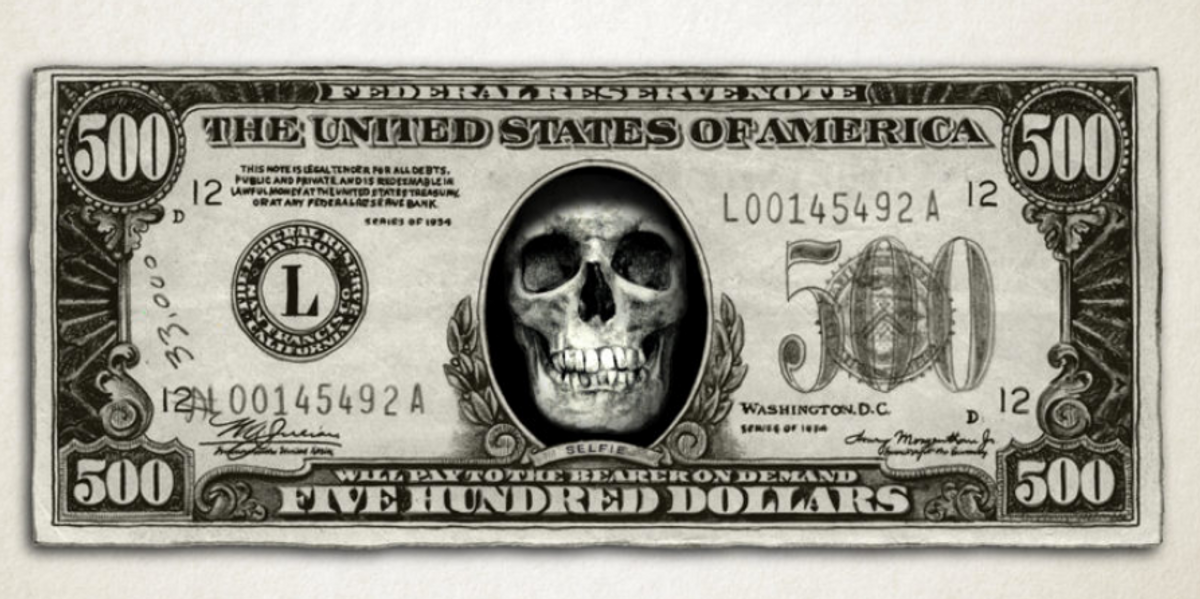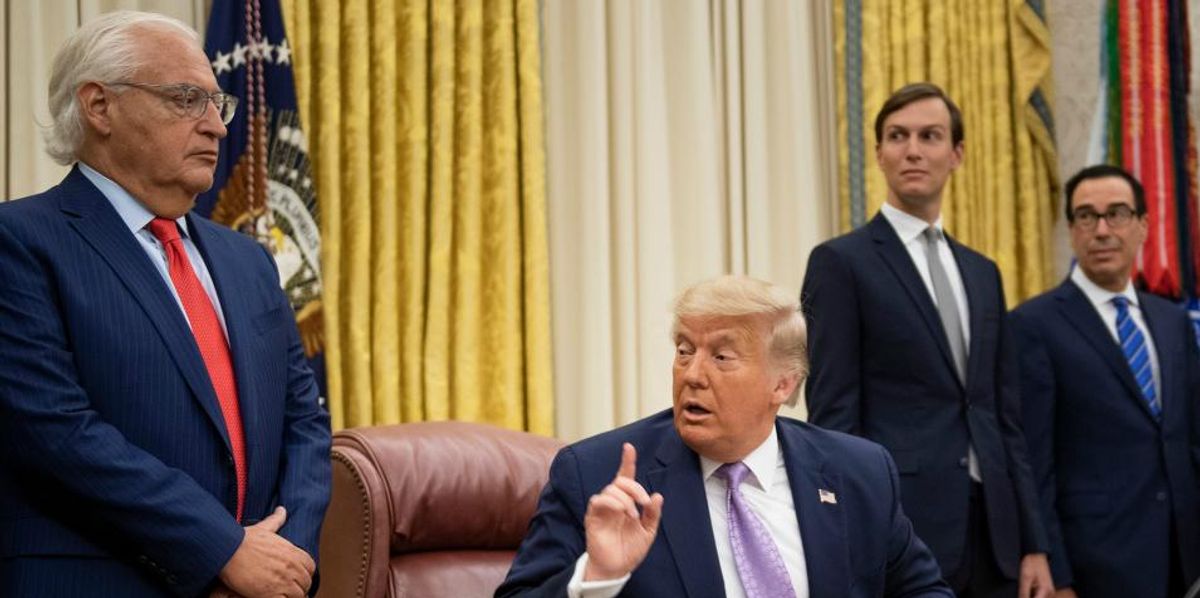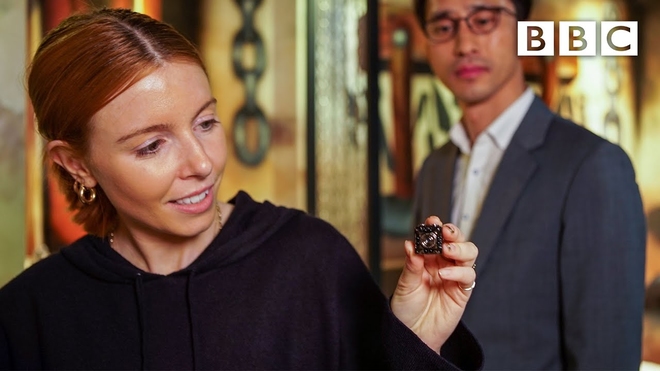heres one article:Anarchy can't last very long, precisely because we are individuals who lack the capacity to integrate enough with those around us for collectivism to ever be what you want it to be. Without centralized decision making (leadership) a collective will be unable to organize, chaos ensues, and a despot steps up and fills the power vacuum. You go almost immediately from anarchy to totalitarianism.
You might as well be saying you want unicorns and pots of gold at the end of the rainbow for everyone. You are buying a bogus bill of goods, being sold to you by a bunch of people you trust, who know better, and are taking advantage of your naivete. The fact that you say people like Milton Friedman are frauds or idiots makes it clear that someone has warped your view of reality.
"Neoliberalism as economic theory was always an absurdity. It had as much validity as past ruling ideologies such as the divine right of kings and fascism’s belief in the Übermensch. None of its vaunted promises were even remotely possible. Concentrating wealth in the hands of a global oligarchic elite—eight families now hold as much wealth as 50 percent of the world’s population—while demolishing government controls and regulations always creates massive income inequality and monopoly power, fuels political extremism and destroys democracy. You do not need to slog through the 577 pages of Thomas Piketty’s “Capital in the Twenty-First Century” to figure this out. But economic rationality was never the point. The point was the restoration of class power.
As a ruling ideology, neoliberalism was a brilliant success. Starting in the 1970s, its Keynesian mainstream critics were pushed out of academia, state institutions and financial organizations such as the International Monetary Fund (IMF) and the World Bank and shut out of the media. Compliant courtiers and intellectual poseurs such as Milton Friedman were groomed in places such as the University of Chicago and given prominent platforms and lavish corporate funding. They disseminated the official mantra of fringe, discredited economic theories popularized by Friedrich Hayek and the third-rate writer Ayn Rand. Once we knelt before the dictates of the marketplace and lifted government regulations, slashed taxes for the rich, permitted the flow of money across borders, destroyed unions and signed trade deals that sent jobs to sweatshops in China, the world would be a happier, freer and wealthier place. It was a con. But it worked.
“It’s important to recognize the class origins of this project, which occurred in the 1970s when the capitalist class was in a great deal of difficulty, workers were well organized and were beginning to push back,” said David Harvey, the author of “A Brief History of Neoliberalism,” when we spoke in New York. “Like any ruling class, they needed ruling ideas. So, the ruling ideas were that freedom of the market, privatization, entrepreneurialism of the self, individual liberty and all the rest of it should be the ruling ideas of a new social order, and that was the order that got implemented in the 1980s and 1990s.”
“As a political project, it was very savvy,” he said. “It got a great deal of popular consent because it was talking about individual liberty and freedom, freedom of choice. When they talked about freedom, it was freedom of the market. The neoliberal project said to the ’68 generation, ‘OK, you want liberty and freedom? That’s what the student movement was about. We’re going to give it to you, but it’s going to be freedom of the market. The other thing you’re after is social justice—forget it. So, we’ll give you individual liberty, but you forget the social justice. Don’t organize.’ The attempt was to dismantle those institutions, which were those collective institutions of the working class, particularly the unions and bit by bit those political parties that stood for some sort of concern for the well-being of the masses.”
“The great thing about freedom of the market is it appears to be egalitarian, but there is nothing more unequal than the equal treatment of unequals.”
“The great thing about freedom of the market is it appears to be egalitarian, but there is nothing more unequal than the equal treatment of unequals,” Harvey went on. “It promises equality of treatment, but if you’re extremely rich, it means you can get richer. If you’re very poor, you’re more likely to get poorer. What Marx showed brilliantly in volume one of ‘Capital’ is that freedom of the market produces greater and greater levels of social inequality.”
The dissemination of the ideology of neoliberalism was highly organized by a unified capitalist class. The capitalist elites funded organizations such as the Business Roundtable and the Chamber of Commerce and think tanks such as The Heritage Foundation to sell the ideology to the public. They lavished universities with donations, as long as the universities paid fealty to the ruling ideology. They used their influence and wealth, as well as their ownership of media platforms, to transform the press into their mouthpiece. And they silenced any heretics or made it hard for them to find employment. Soaring stock values rather than production became the new measure of the economy. Everything and everyone were financialized and commodified."

Neoliberalism's Dark Path to Fascism | Common Dreams
Neoliberalism transforms freedom for the many into freedom for the few. Its logical result is neofascism.
 www.commondreams.org
www.commondreams.org




